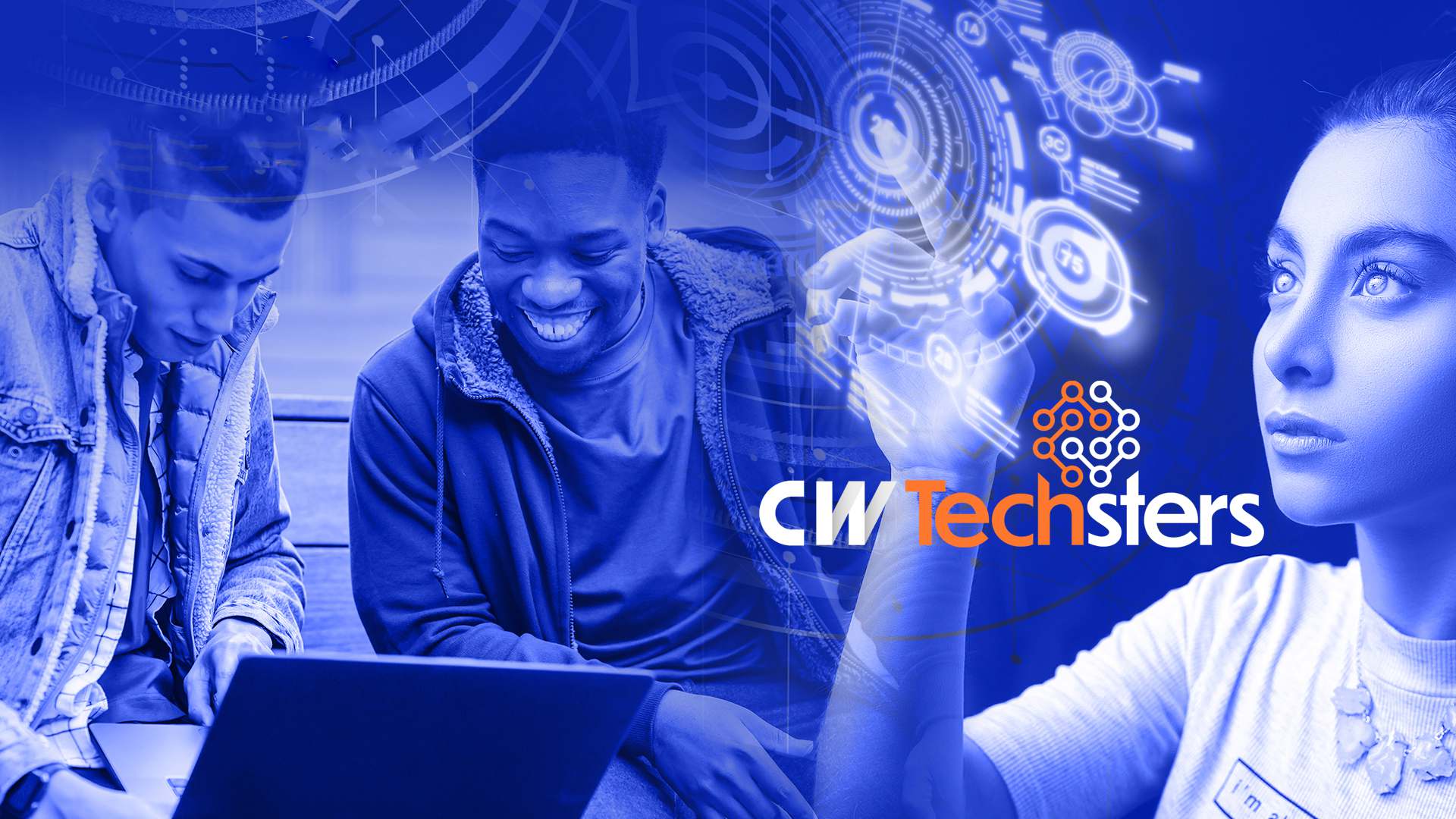13:00
Registration and networking with lunch
14:00
Introduction to Radio Technology SIG from Mark Beach, University of Bristol
14:20
'Radio resource management'
Michael Fitch, Chief of Wireless Research, BT
The benefits of dynamic allocation of radio resource are examined.
14:40
Q&A
14:45
‘Massive MIMO a key enabler for sub-6GHz wireless connectivity’
Mark Beach, University of Bristol
This talk will describe the operation of sub-6GHz massive MIMO and how the ‘Marzetta’ based architecture differs to SDMA baseband beamforming. A brief description of the NI based Bristol Massive MIMO system with be given alongside an overview of field trials and results obtained to date. The talk will conclude by proposing a list of open research questions in the field.
15:05
Q&A
15:10
‘Multi-RAT convergence – A new spin through the Edge!’
Alain Mourad, Senior Manager, Interdigital
The talk will discuss a new spin to Multi-RAT convergence brought by the recent paradigm of Edge (including Fog) networking and computing. This new spin is being addressed in the European-Taiwan 5G-CORAL project launched in September 2017. The concept and architecture of 5G-CORAL will be presented.
15:30
Q&A
15:35
Refreshments and networking
16:10
'Low Power Wide Area Networks: Simple Access Technologies to Create the Big Data'
Juan Nogueira, Director of the Center of Excellence for Wireless and Connectivity, Flex
Big Data is not only becoming important because of the large amount of collected data, but also because of the large amount of data sources that contribute to it and that enables to run data analytics on them to extract the valuable information hidden behind them. Many of these sources are low cost and remote Things, providing unfrequently small amounts of data. However, research and development in wireless technologies in the last decades have been focused in improving spectral efficiency by increasing modulation complexity, spatial diversity, etc., to come as close as possible to the Shannon limit. These technologies are oversized for the connectivity needs of these Things and too expensive for a positive return of the required investment. To fill this gap, new wireless access solutions based in old RF technologies, commonly known as Low Power Wide Area Networks (LPWAN), were developed in the last 4 years to provide the four “L” these Things were demanding: Low data rate, Long range, Low power consumption and Low cost. This talk will review the most adopted LPWAN technologies, namely LoRa, SigFox Ingenu and NB_IoT, both from RF and market perspectives.
16:30
Q&A
16:35
‘Physical Layer Approaches for Enabling Extreme Resource Sharing in Future Wireless Communication ..
Dr Konstantinos Nikitopoulos, Lecturer (Assistant Prof), Signal Processing for Wireless Communications, 5GIC, The University of Surrey
There is a current paradigm shift from orthogonal to non-orthogonal signal transmissions that enables extreme sharing of the available resources, but it requires processing complexities far beyond the capabilities of traditional processors and heavy signalling requirements that can substantially reduce transmission efficiency. In this context, we show how new massively parallel detection/precoding approaches can overcome the current processing speed barriers. We also discuss how new physical layer approaches like super-modulation can efficiently enable asynchronous joint medium access and rateless data transmission, and substantially reduce the signalling overhead.
16:55
Q&A
17:00
Panel session with all speakers
Chaired by SIG Champion, Mark Beach, University of Bristol
17:40
Complete evaluation forms
17:45
Event closes












